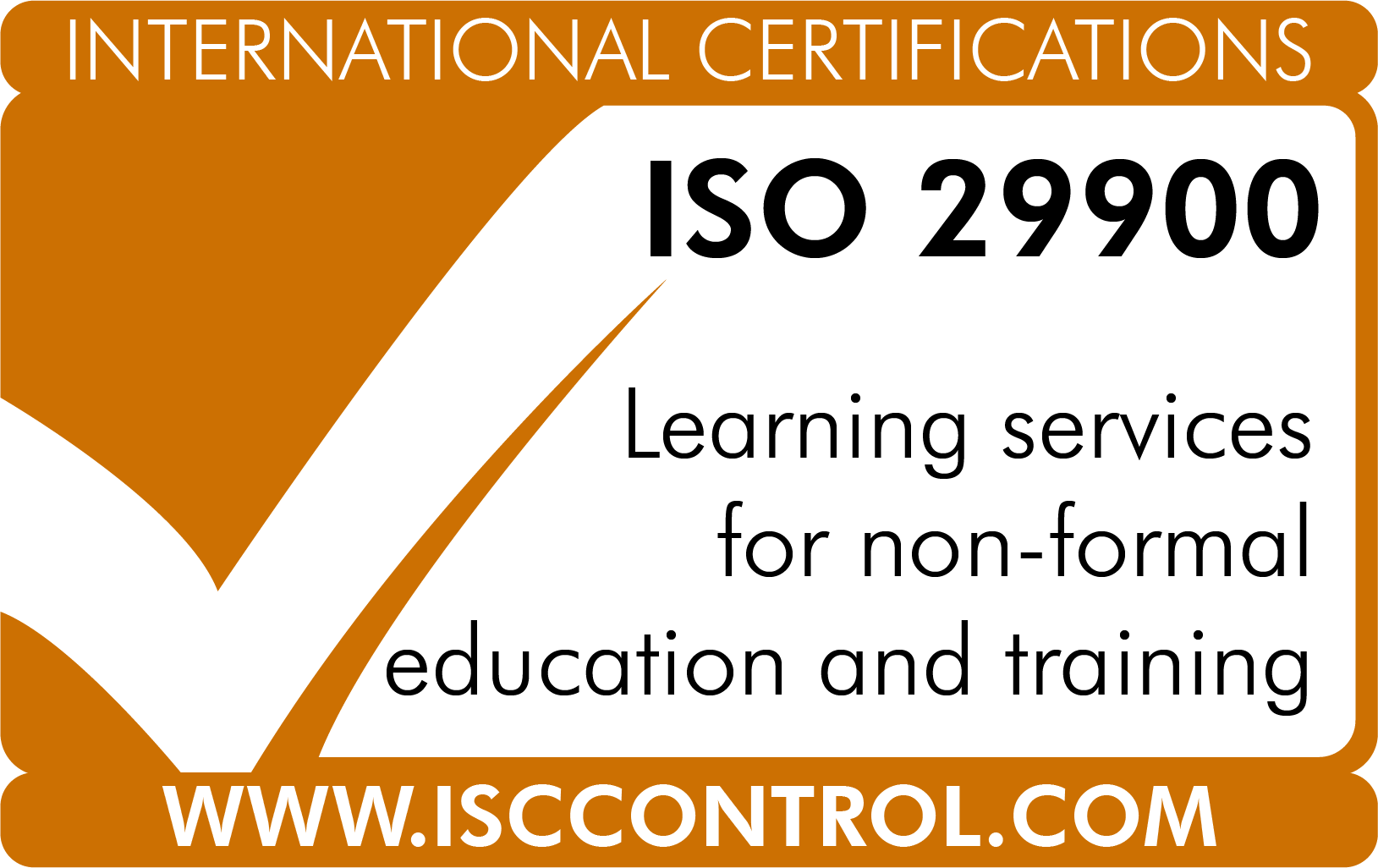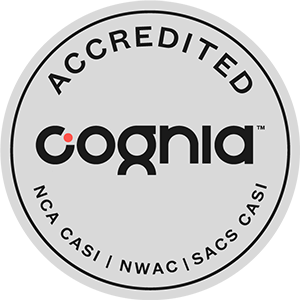

The main challenge to conventional wisdom came from educational planners. This belief seems naive today, but it was the accepted wisdom of the time. It was also assumed that there was a direct relationship between educational and economic expansion: between the growth in numbers of educated people and the number of jobs likely to become available.

In the 1950s and early 1960s, it was assumed by many commentators, not least by educators themselves, that linear expansion of formal schooling was both desirable and inevitable. The political and social upheavals during and following the end of the second world war, were accompanied by the belief that the rapid expansion of education was a necessary catalyst for social reconstruction and development, both in industrialized countries, and in the growing number of newly independent states. For twenty years after 1945, almost all educational systems had grown at a faster rate than ever before, with a doubling of school enrolments in many countries (Coombs 1985: 3). This typology of educational programmes became current in the early 1970s. unemployed, working class, women seeking employment). Although the terminology was popularized in relation to poor countries, it has also been applied to industrialized countries, particularly in the context of community education and work with groups under represented in mainstream adult education provision (e.g. Here we will examine the use of the terms informal, non-formal and formal education as this has developed since the late 1960s. basic education and the Jomtien Conference.the characteristics of non-formal education.



 0 kommentar(er)
0 kommentar(er)
